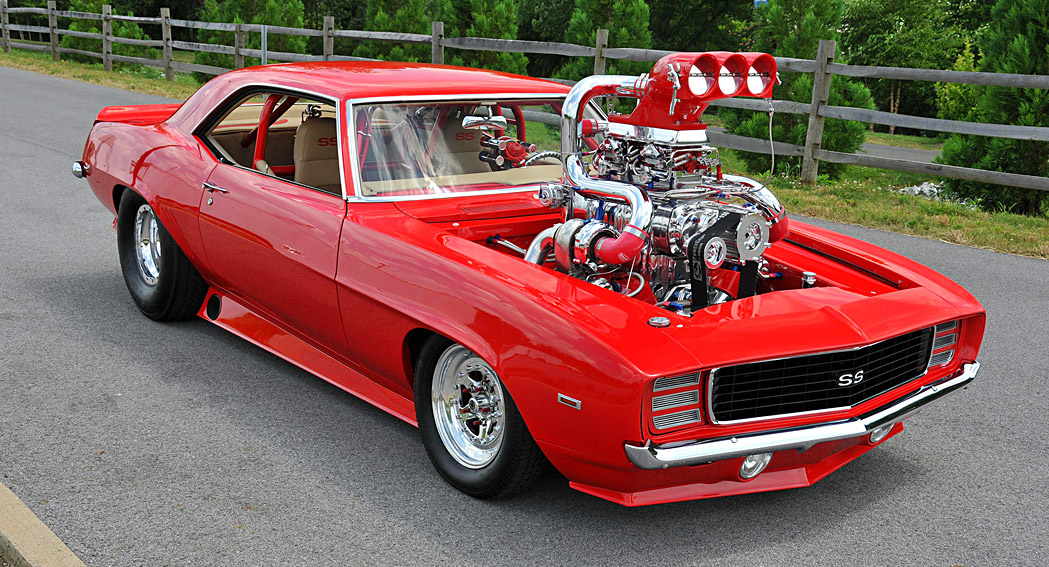Automotive manufacturers have in the past decade used turbopumps, almost exclusively, in the production of automobile components such as the chassis, engine, doors, drive axle, and exhaust pipes. The use of efficient turbo pumps in the auto industry can be attributed to the need to save costs and make operational improvements.
Automobiles are manufactured using a wide variety of raw materials which include steel, aluminum, glass, and plastic. Some of these raw materials have to be extracted from the earth and converted into materials that can be used in the manufacture of automotive parts.
These processes have a high throughput and require a hydrocarbon free vacuum at relatively high pressure. Turbomolecular pumps with TwisTorr technology provide high performance and deliver high vacuum even in demanding conditions such as the manufacture of automotive parts.
How Do Turbopumps Work In The Manufacturing Process Of Automotive Parts?
In order to understand how a turbopump works, you will first need to know what its components are and what each part of the turbopump does. The two important components of a turbopump are; the gas turbine also known as the combustion turbine and the rotodynamic pump. The main purpose of a gas turbine is to make mechanical energy using a combustible fuel. This energy is what is used to power the pump.
The rotodynamic pump, on the other hand, is a kinetic machine that operates when energy is continuously conveyed or transmitted into the pumped fluid using a propeller or rotor. There are several types of rotodynamic pumps but the most common in automotive parts manufacturer is the centrifugal pumps. These pumps have become popular because they have a long history of reliable operation and they can also serve a wide range of applications.
Here are a few applications of turbopumps in an automotive manufacturing plant.
Moisture Removal in Brake Manufacturing
During brake manufacturing, turbopumps are needed to dry out the water droplets that are found in the Zinc Phosphating process line. Turbo pumps handle water vapor easily and since they are relatively quiet, they save energy.
Vacuum Impregnation of Automobile Parts
Vacuum impregnation is a process that involves the sealing of porosity and leak paths that form during the molding process. Vacuum impregnation is important as it allows a manufacturer to use materials that would otherwise be thrown out as waste. In the automotive parts manufacturing, turbopumps have largely replaced the oil-immersed pumps that produced a lot of smoke and led to frequent contamination.
The use of maintenance-free, compact size turbopumps helps manufacturers avoid frequent maintenance and they can also enjoy quiet operations and less energy consumption.
Since turbopumps are energy efficient, they produce lower amounts of carbon dioxide. Most governments, especially in developed countries, are encouraging the use of environmentally friendly machines such as those powered by turbopumps.
Curing Of Tyres
Tire manufacturers also use turbopumps in the production of OHT tires. The use of turbo pumps with TwisTor technology ensures that there is low water consumption since the water is recirculated and wastage is reduced.








